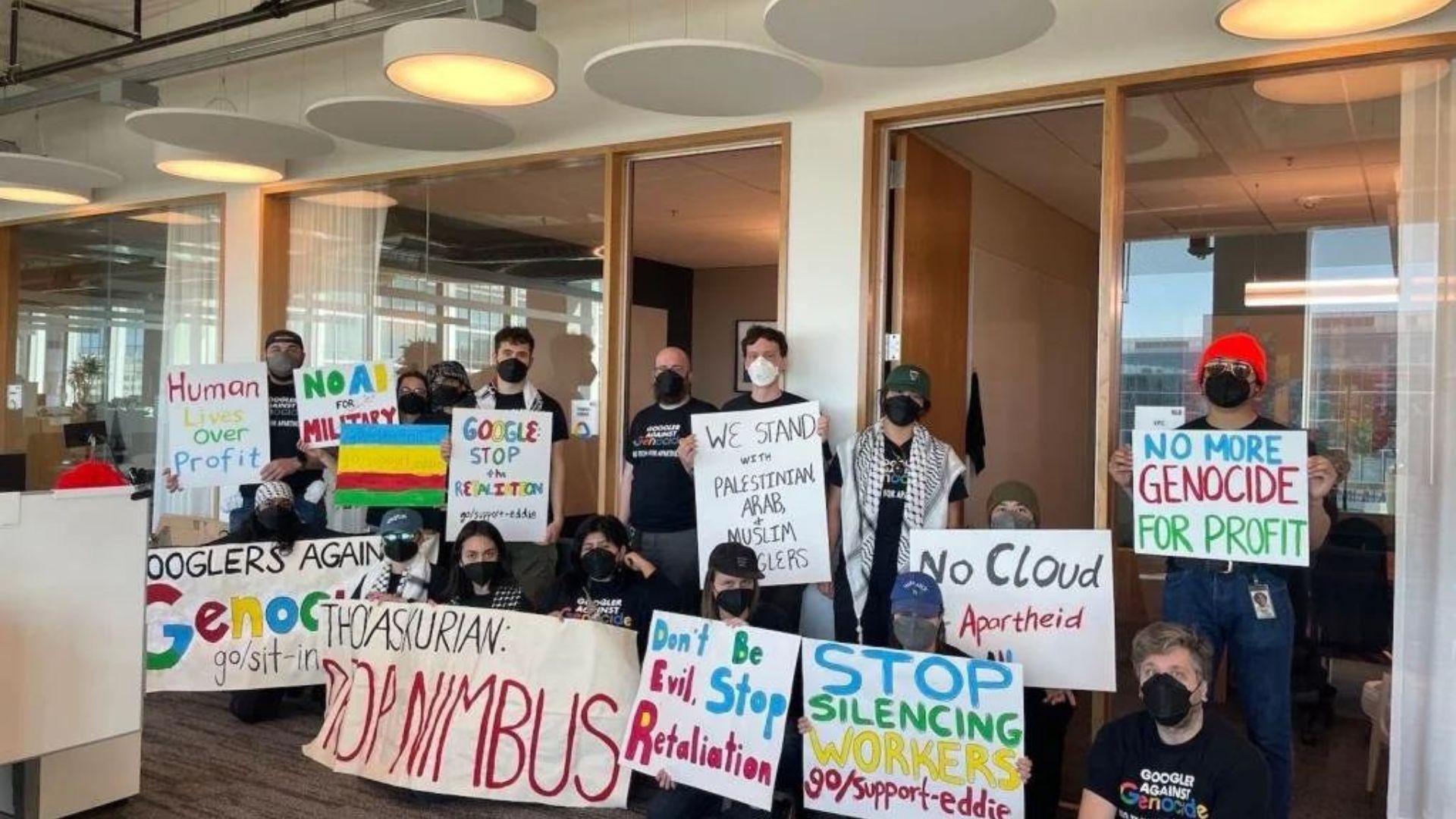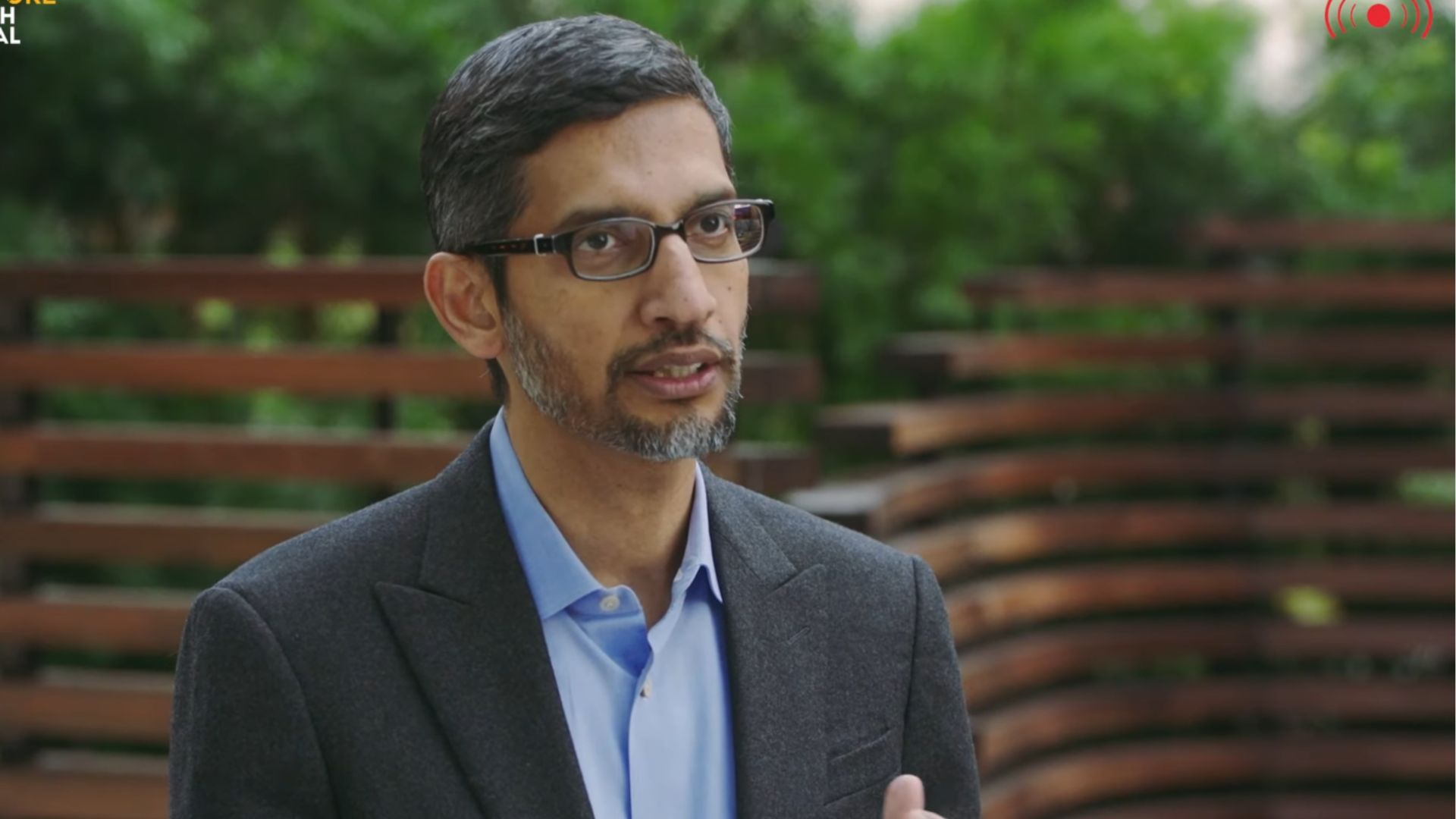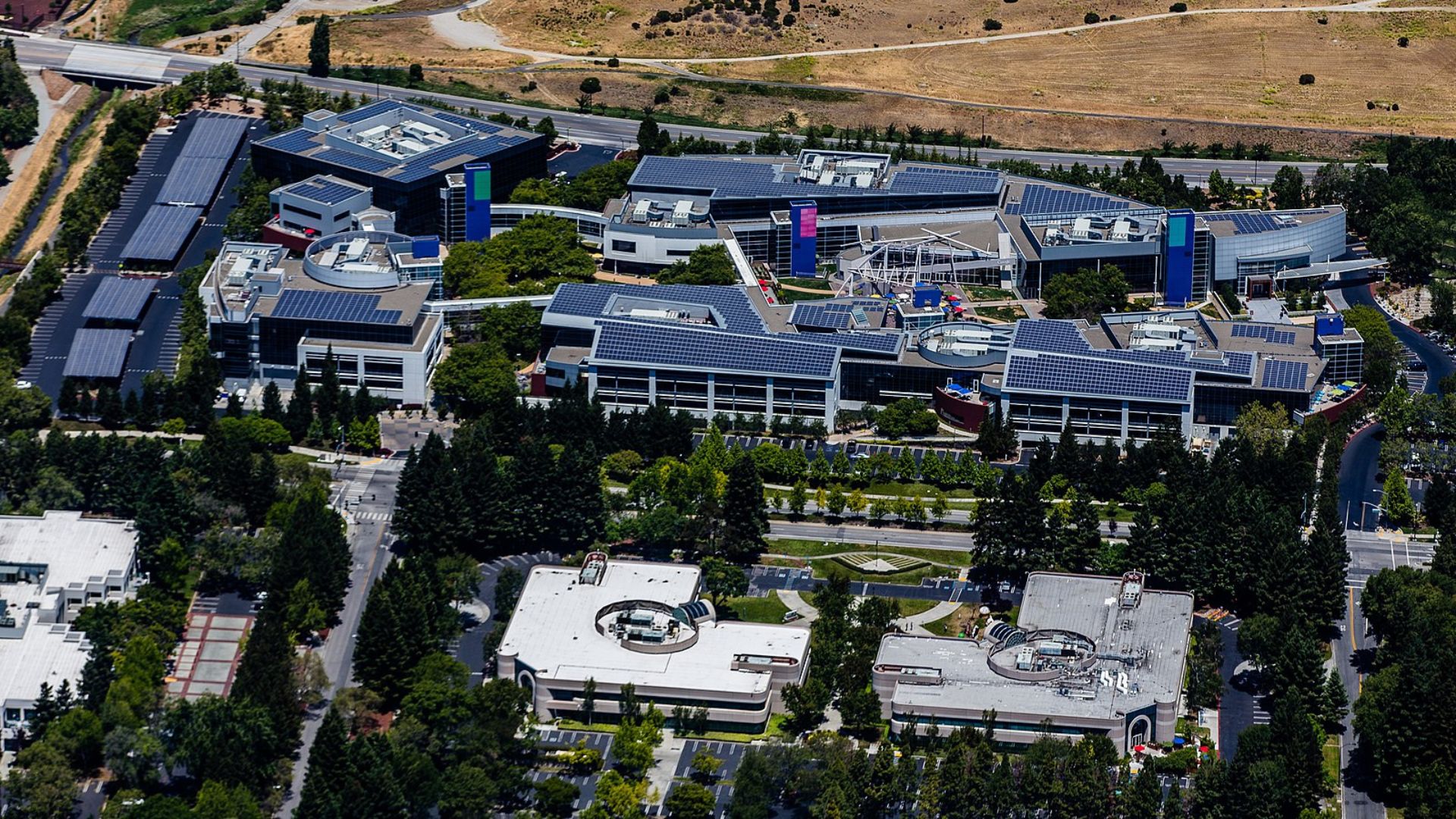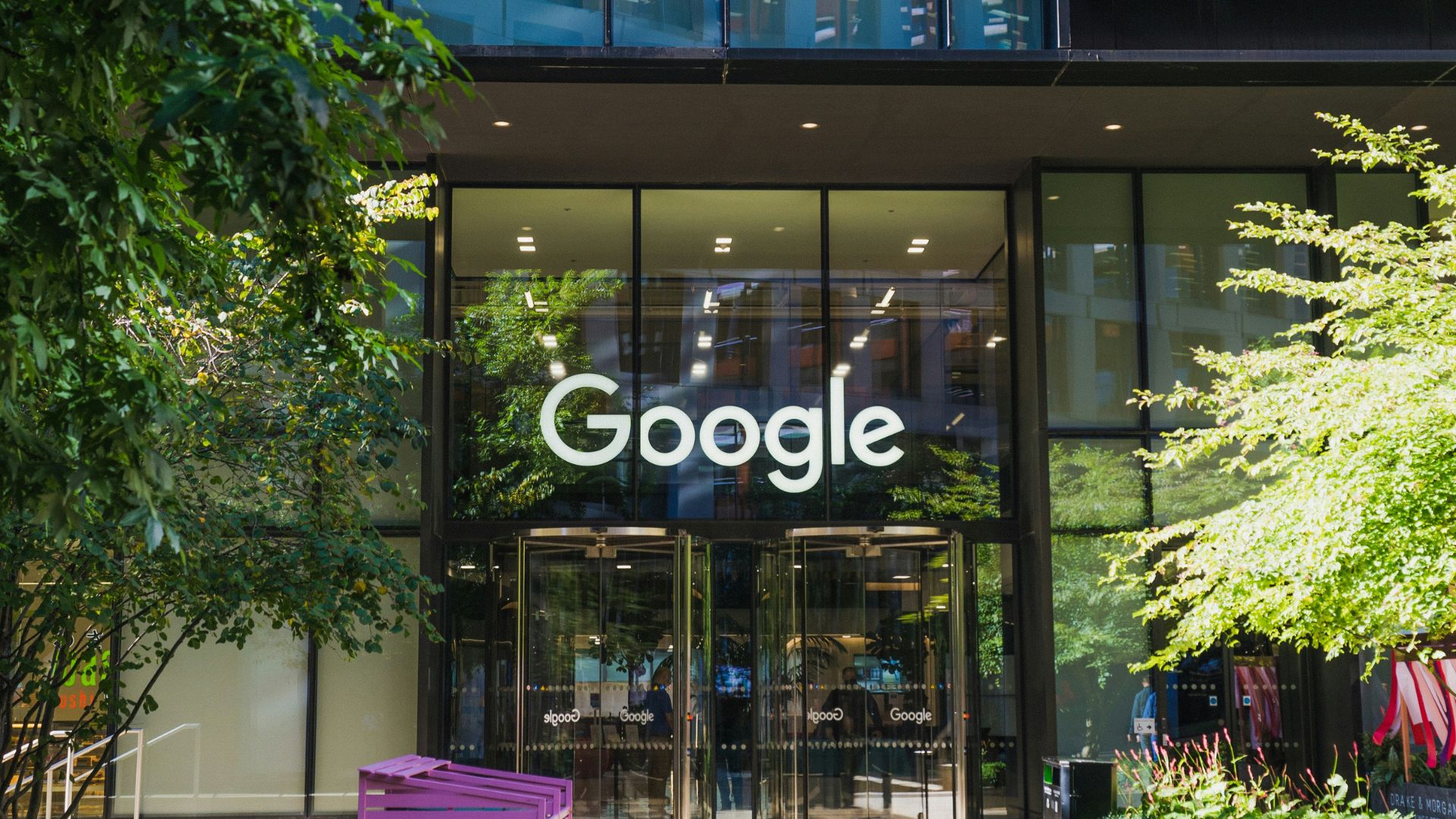Google has dismissed over 50 employees following a series of in-office protests that challenged the company’s cloud computing contracts.
The protests focused on ethical concerns regarding these contracts. In response, Google stated that these employees were “directly involved in disruptive activity” inside company buildings, leading to their termination.
The Catalyst: Concern Over Cloud Computing Contracts

The controversy began with Google’s involvement in Project Nimbus, a $1.2 billion cloud computing contract with Israel, reported by Time.
Employees raised concerns about the potential military use of the technology provided under this contract. Google, however, maintains that the contract is strictly for civilian purposes.
Google’s CEO Addresses the Issue

Google’s CEO, Sundar Pichai, addressed the protests directly, emphasizing the need for workplace decorum.
“This is a business, and not a place to act in a way that disrupts coworkers or makes them feel unsafe, to attempt to use the company as a personal platform, or to fight over disruptive issues or debate politics,” Pichai stated in a corporate announcement.
Legal Actions and Firings

The situation escalated when nine Google employees were arrested during the sit-in protests at Google’s offices.
Following these arrests, Google confirmed that it had concluded its investigation into the protests, resulting in additional firings of those involved in the disruptive actions.
Activist Group Challenges Google’s Actions

The activist group No Tech for Apartheid has accused Google of retaliation, suggesting that the firings were an overreach affecting even non-participating bystanders.
They described the company’s actions as “an aggressive and desperate act of retaliation,” according to their statement on Medium.
Broader Context: National and Global Protests

The in-office protests at Google mirrored larger-scale demonstrations at academic institutions like Columbia University, all prompted by geopolitical developments involving Israel’s military actions in Gaza.
These protests are part of a wider dialogue about the role of technology in military and defense contexts.
Historical Context of Google’s Response to Protests

Google has previously faced criticism for its response to internal dissent and protests.
Notably, the company had fired a prominent artificial intelligence researcher in 2020 who publicly criticized its diversity policies, and more recently, a Google Cloud engineer for disrupting a company event.
The Debate Over Technology and Ethics

The ongoing controversy raises significant questions about the ethical responsibilities of tech companies in their governmental contracts.
With Google at the forefront, these decisions scrutinize the balance between technological advancement and ethical considerations in corporate practices.
Impact of Project Nimbus

The debate around Project Nimbus highlights the intersection of technology and geopolitical strategies.
Google insists that “the Nimbus contract is for workloads running on our commercial cloud by Israeli government ministries, who agree to comply with our Terms of Service and Acceptable Use Policy,” according to the company’s statement.
The Personal Impact on Google Employees

The termination of more than 50 employees has not only affected Google’s operations but also the lives of those individuals involved.
Each firing represents a personal and professional upheaval for the affected employees, underscoring the personal stakes in corporate decisions.
Scrutiny of Google’s Corporate Culture

The recent events have brought Google’s corporate culture into the spotlight, particularly regarding how it balances open discussion with operational decorum.
Pichai emphasized the importance of maintaining focus during what he described as “too important a moment as a company for us to be distracted.”
The Future of Employee Activism in Tech

As the dust settles, the question remains how tech companies will handle employee activism moving forward.
This incident at Google may set a precedent for how similar situations are managed in the future, impacting the dialogue around employee rights and corporate governance in the technology sector.
